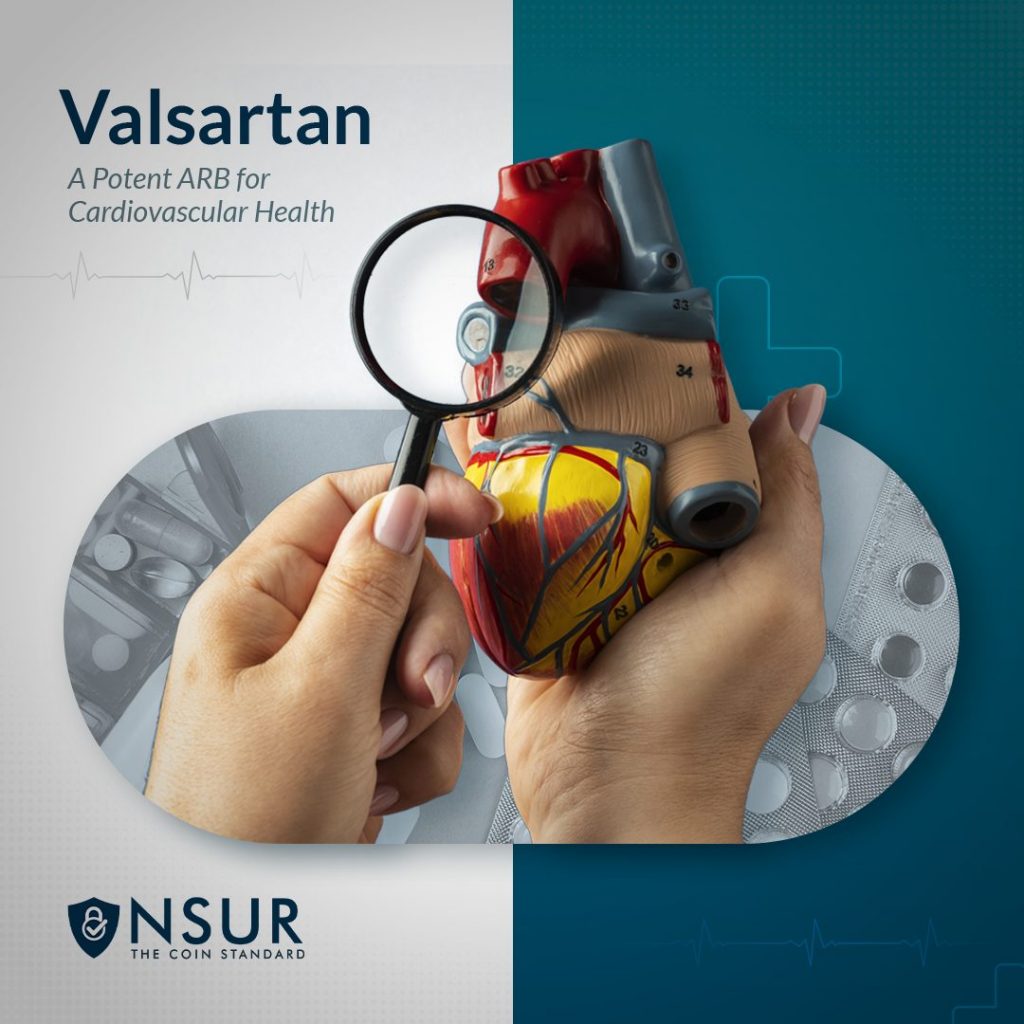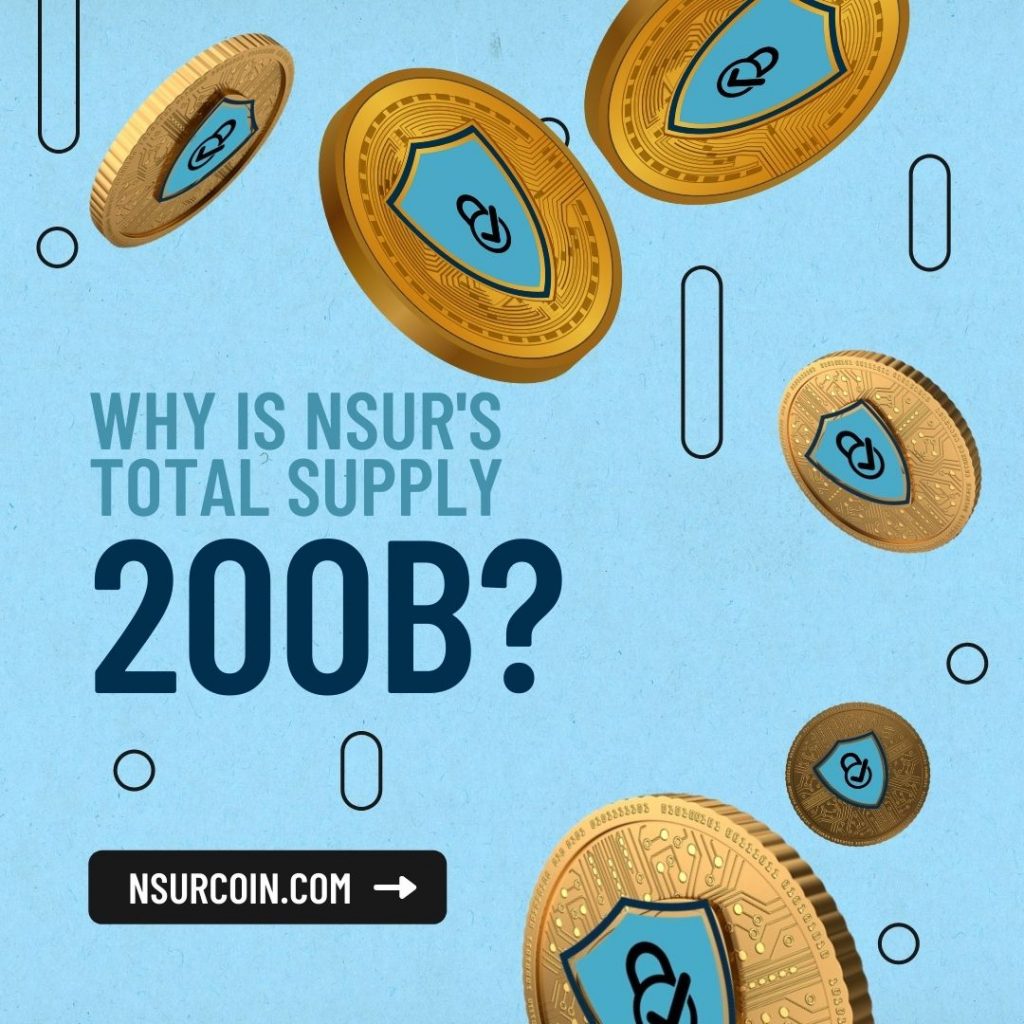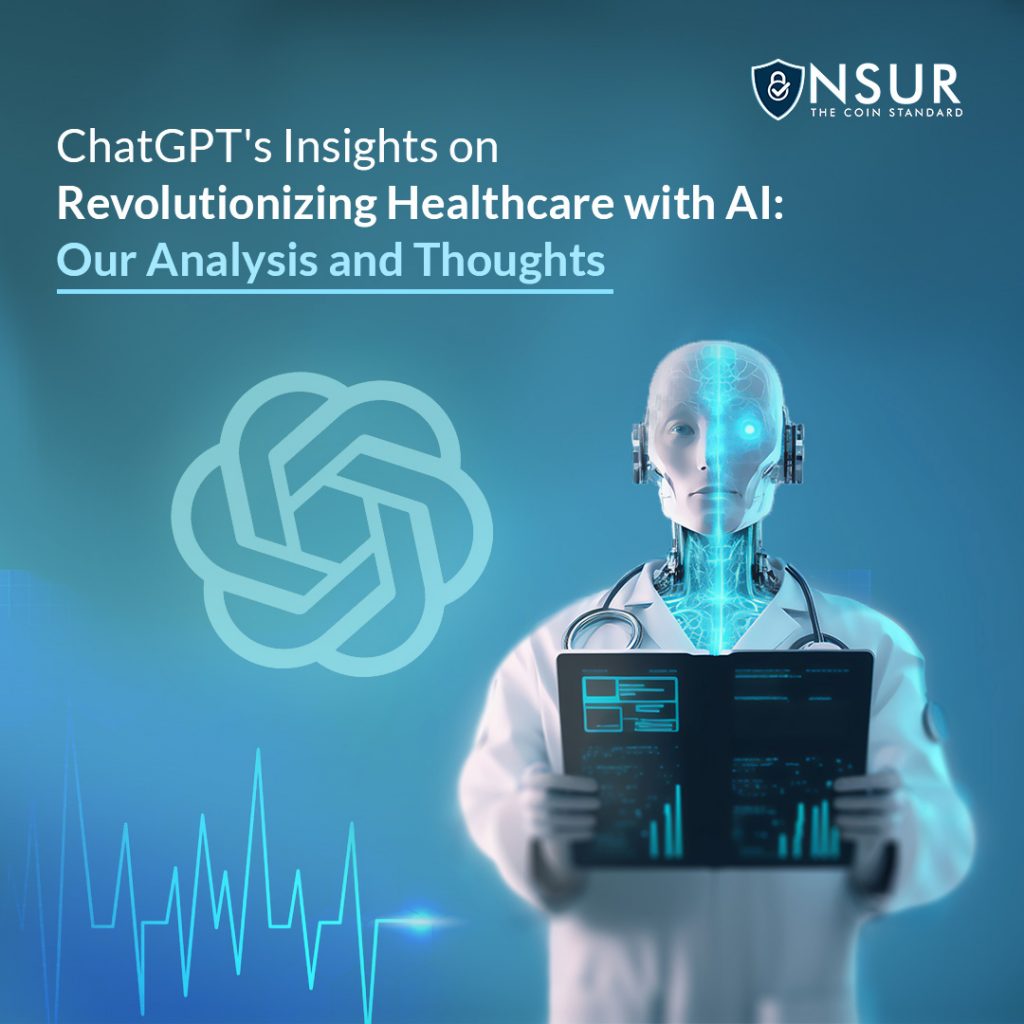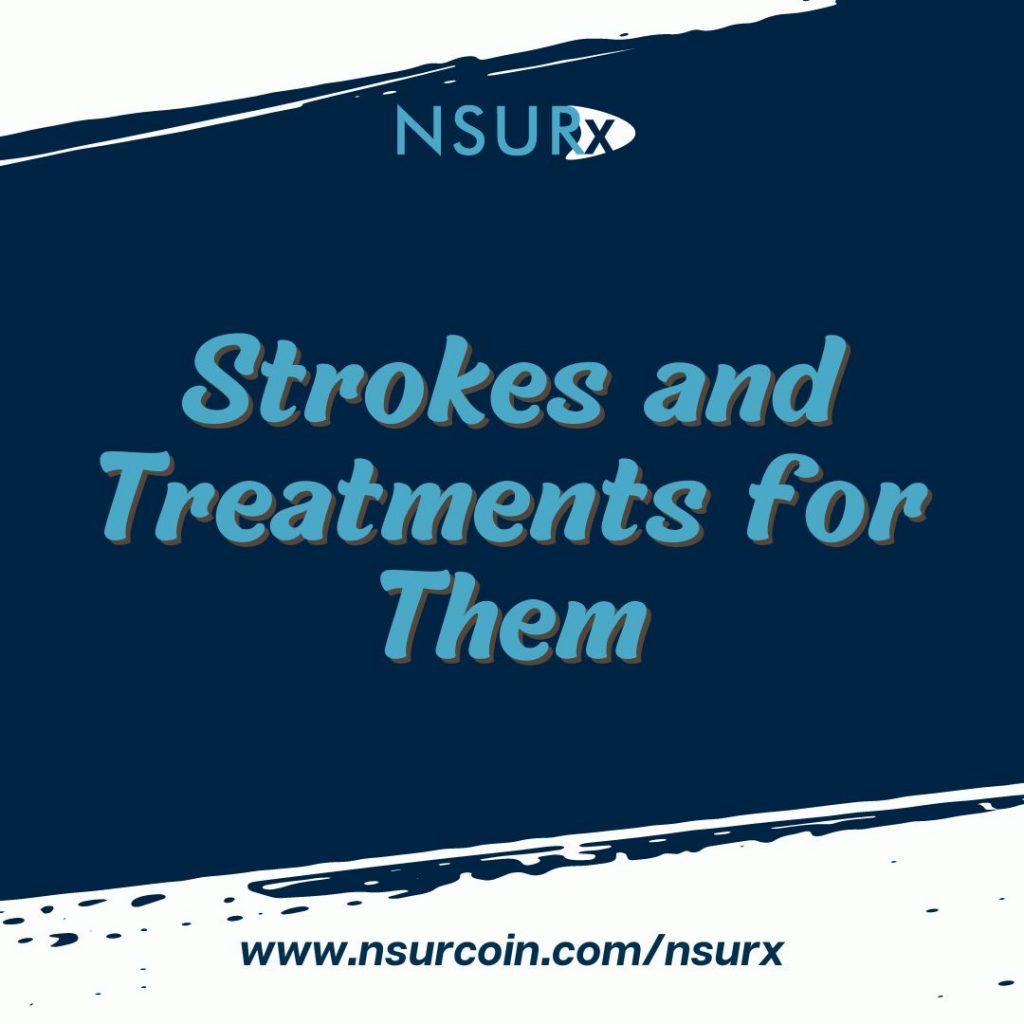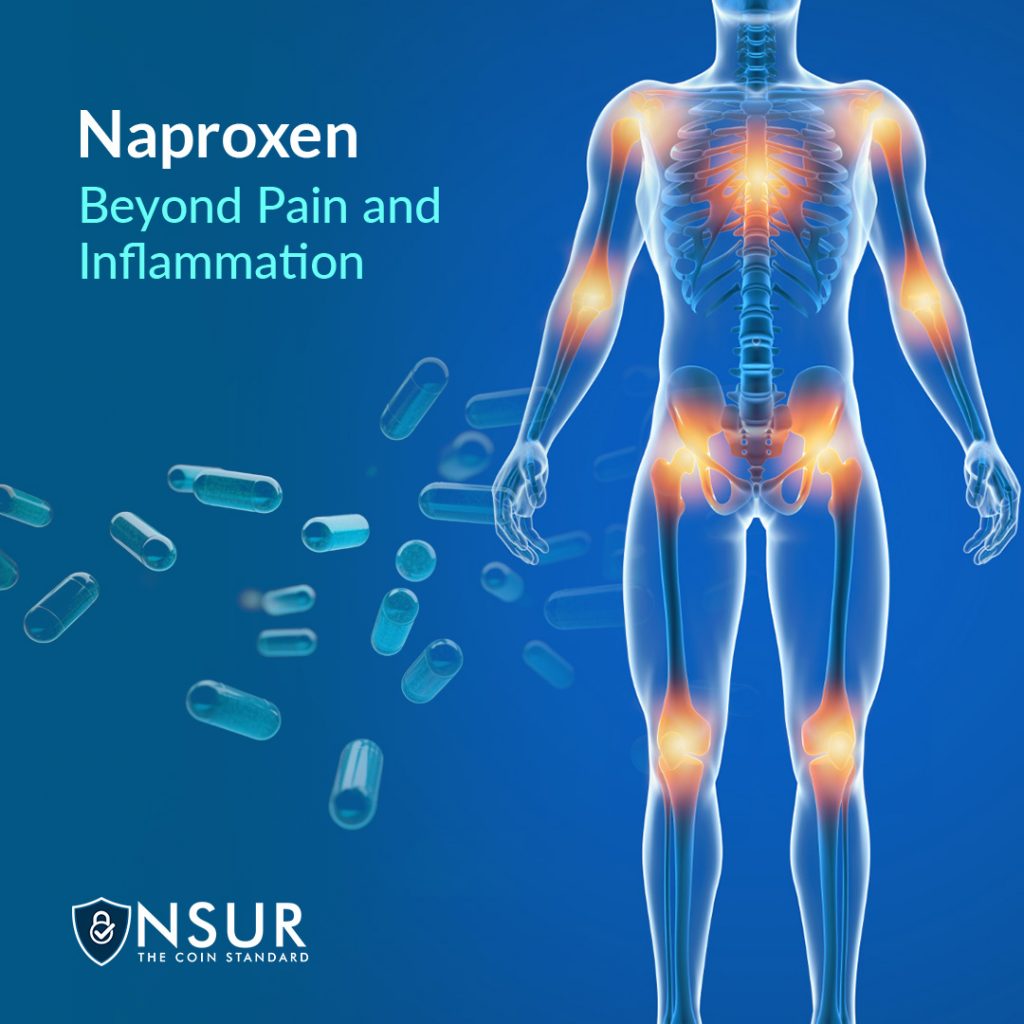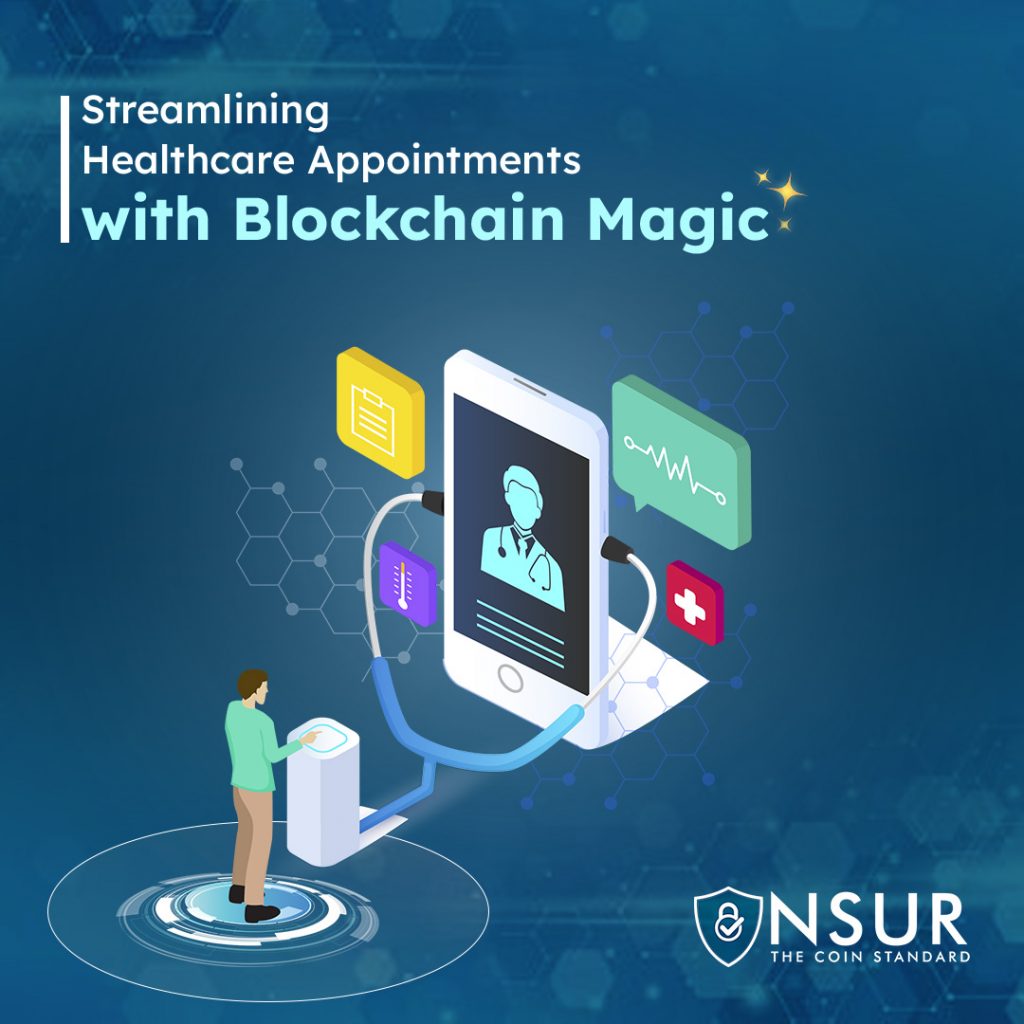
The healthcare industry has gone through chaos over the past couple of decades. Many issues affecting access to care, quality, and cost of care have been signalled by the government, healthcare industry, political leaders, and many others. Without a doubt, the COVID-19 pandemic has laid emphasis on these issues. We have seen how hospitals and public health workers/officials have struggled to provide proper and appropriate treatment to the influx of patients while also working to prevent disease spread.
There is no doubt that the healthcare industry plays a significant role in the lives and well-being of people all over the world. As this fascinating industry evolves, and with growing demands, it’s no surprise that hospitals and healthcare facilities are facing significant challenges today. In order for these institutions to provide quality care, they must overcome many obstacles, such as protecting patient privacy and data, communicating with their medical staff effectively, lack of advanced technological resources, traditional infrastructure, and many others.
The introduction of blockchain in this sector will be exciting, which can provide solutions to a wide range of healthcare problems. Using the technology, a decentralized and distributed environment can be created for a variety of tasks, from managing outbreaks to protecting patients’ data.
What is Blockchain?
A blockchain is a decentralized peer-to-peer (P2P) database that allows for the registration, storage, and transfer of data between machines. It was initially created to keep track of digital currency transactions but has since evolved into more than just money.
Multiple parties can record transactions in real-time on the blockchain without the involvement of a third party. They are making it ideal for keeping track of medical records and other sensitive information where privacy is critical.
Some of applications of blockchain in healthcare
Blockchain applications in the healthcare industry include storing and sharing electronic medical records, remote patient monitoring, drug supply chain management, and so on. Besides these applications, this technology can assist with planning, booking and scheduling appointments for patients. It also helps in tracking clinics or hospital finances and inventory. In this way, users can streamline their internal administrative tasks.
Streamlining healthcare appointment scheduling with blockchain
The current state of healthcare appointment scheduling is still reliant on popular form resources. Typically, patient’s, clinics and hospitals still use a traditional system for booking or scheduling an appointment. This leads to inefficiencies, such as patients waiting for long hours, facing difficulties in getting suitable time slots and inconvenience in coordinating appointments with other healthcare providers. Not all, but a few healthcare professionals and hospitals, are integrating technologically advanced systems to provide patients with hassle-free care when scheduling appointments, thereby saving time. These problems can be resolved using blockchain technology which is ideal and provides a secure and transparent platform for scheduling appointments in healthcare.
The medical field can benefit from blockchain-based systems. This can be used to schedule appointments in real time, making it easier for patients to find available slots. Its advantages include encrypted messaging, video calls, texting and direct connectivity to mobile health records, which make communication easier between doctors, healthcare providers, patients, and hospital staff. Blockchain-based appointment scheduling would ensure constant system interoperability, lowering the expenses and long waits associated with unorganized cooperation.
The medical field has already implemented blockchain-based appointment scheduling in the real world. Medicalchain, for example, offers online booking, medical history storage, and other healthcare services. Another example is the BurstIQ platform, which uses blockchain technology to securely share health information between patients and healthcare providers.
Potential drawback and challenges of blockchain
Blockchain is a completely novel technology that has yet to be fully implemented and effective. Though it has the potential to greatly improve appointment scheduling, there are some drawbacks and challenges to consider. As a new technology, it is still in its early stages, with little consistency in its implementation methods. Security, privacy, scalability, ownership, and interoperability are a few of the notable flaws of blockchain in healthcare.
To overcome these challenges, more research and development are needed to improve the scalability and standardization of blockchain technology in healthcare. Furthermore, steps must be taken to address privacy and security concerns, as well as to educate and engage healthcare stakeholders in the potential benefits of blockchain.
Conclusion
To summarize, blockchain technology has the ability to transform appointment scheduling in healthcare by providing a secure and transparent method of scheduling appointments. Healthcare can be delivered more efficiently and with higher quality thanks to blockchain technology, which may pave the way for other applications of blockchain technology. However, there may be some obstacles to overcome before blockchain technology can be fully utilized in healthcare in the near future.
